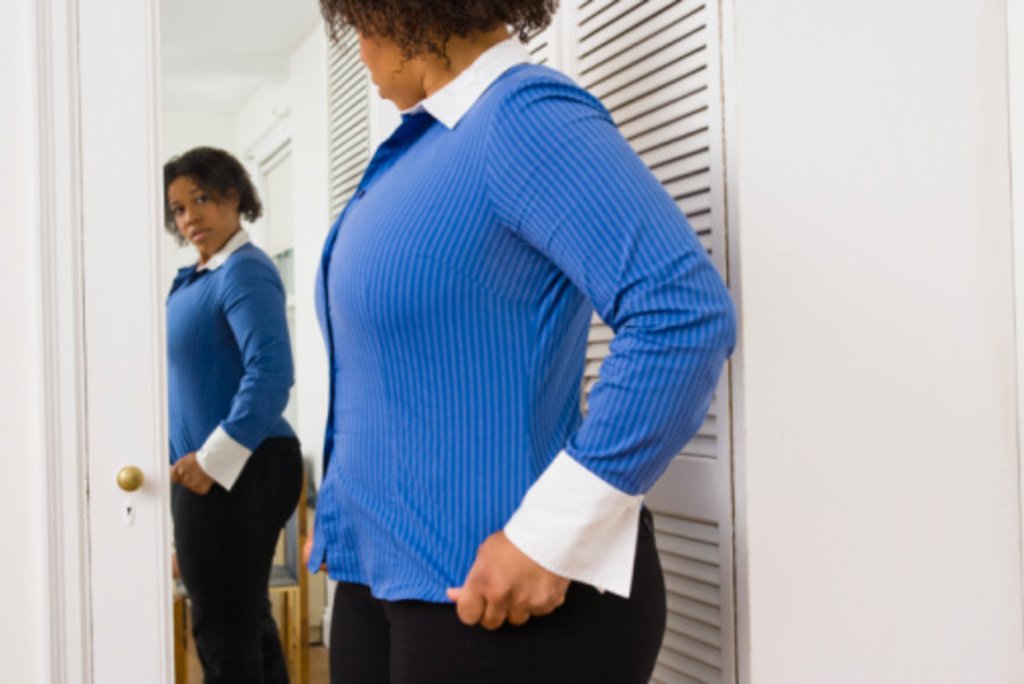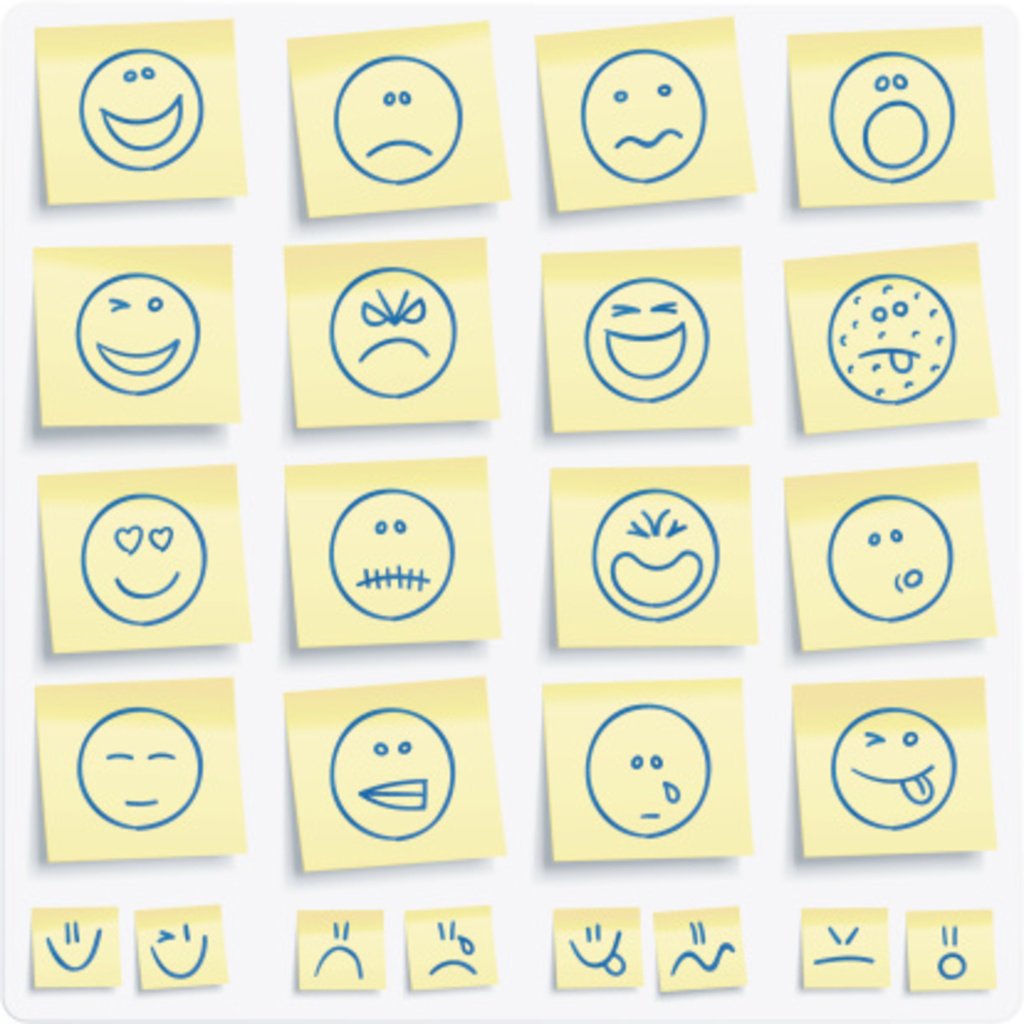 When I started blogging regularly about my personal fitness journey, I would get these anonymous comments from people asking: Were you ever fat?
When I started blogging regularly about my personal fitness journey, I would get these anonymous comments from people asking: Were you ever fat?
After a few of the same comments, I realized people were making external judgments about my body, attempting to compare unavailable before- and-afters of weight, to see where their goal could be, what they could look like if we had similar body types. When I had an eating disorder, I used to do this all of the time. I was hungry for before and after pictures of weight loss and scrolled through images of skinny white girls, dreaming of aspirations that I could be just like them! Maybe! One day! If I just lost enough weight and dyed my hair and whitened my teeth and had beautiful skin, then one day I would love myself. I would no longer be that dreaded F word: “Fat.” And I would finally feel like my “true self” hiding under all of these flaws.
I have found similar behaviors in those personal fitness blogs and communities, where anonymous commenters with weight loss goals would say “if she can be fit when she used to be fat, then I can, too.”
But what is “fat”? Is there a fundamental flaw in this F word?
Out here in the real world, away from Internet-land, away from media-land, magazine ads and TV, “fat” doesn’t exist. Nobody is “fat” in reality because it is not an objective marker of weight. It’s not an accurate term by any means to measure one’s body by. Overweight? Underweight? Obese? BMI? Pounds? Kilograms? Sure. But even some of those are questionable.
I am aware that there are Love Your Body movements out there that speak to fat acceptance and health at any size. If you want to reclaim fatness and make it yours, do it up. Everyone should love the body they live in, no matter the size. I fully support that. “Fat” is not always a curse word, but for some, it is. For me, the word “fat” became an internal dumping place for all of my bad feelings, insults I couldn’t stand up to, flaws I couldn’t accept and feelings I couldn’t deal with. We use the F word so much to demean ourselves and shame other people.
It is far, far easier to say that I feel “fat” than it is to express the myriad complex human emotions that exist inside of us. The process of detangling this feeling into something I could rationally understand took a long time (it still does). I had to learn and relearn to stop, think of what I feel, and ask myself where those feelings were coming from instead of displacing all of them into this one word. Fat is simple. Feelings are complex.
 A huge part of un-snaring myself from “fat” was to be as proactive as possible against my bad body vibes. I’d look in the mirror, angry and red, take a deep breath in, and a deep breath out. I’d struggle. How do you tell yourself you’re beautiful if you don’t believe yourself? Fake it till you make it? Does that even work? I’d cry, leave the bathroom, come back to the mirror, stare some more. And then I’d murmur it out, slowly at first, until it became a roaring yell. I have a choice to feel good about my body.
A huge part of un-snaring myself from “fat” was to be as proactive as possible against my bad body vibes. I’d look in the mirror, angry and red, take a deep breath in, and a deep breath out. I’d struggle. How do you tell yourself you’re beautiful if you don’t believe yourself? Fake it till you make it? Does that even work? I’d cry, leave the bathroom, come back to the mirror, stare some more. And then I’d murmur it out, slowly at first, until it became a roaring yell. I have a choice to feel good about my body.
Yes, much easier said than done. But self-affirmation can help (although it has its limits), and so can surrounding yourself with positive images. I have an obsessive tendency to compare myself to anything with legs and a handbag; I do it with magazines, friends, strangers on the street, strangers on Facebook (ugh), blogs I follow. It’s like a tick that I can’t stop. That, or the habit has been ingrained in me over so many years that it has become second nature.
I had to make an active choice to stop following any fitness and health blogs that posted heavily edited pictures of models to stop comparing myself so much of the time. That was where I could control it. It wasn’t about the weight of the models per se, but that only seeing one body type made me think all body types should be like that, and that my body type wasn’t like that, and therefore I didn’t fit these standards. Humans are media sponges. Just recently, Jennie Runk, a fashion model considered to be “plus size” at a US 14, talked about how many people came forward expressing their gratitude to her for modeling a bikini in H&M’s catalog. She mentioned that one woman said it inspired her to wear a bikini for the first time in years. Showing a variety of body types in media does help confidence levels. Surrounding yourself with positive, healthy images does stimulate good mental cues. These images can become a clarion call for self-love.
 Taking walks outside will also brighten your mood, especially if you can get into nature, as this study suggests. Taking 15 minutes of your day to walk outside where you can at least see some trees (City Park, anyone?) can calm you down, help you feel productive, or just give you the chance to take your mind off things.
Taking walks outside will also brighten your mood, especially if you can get into nature, as this study suggests. Taking 15 minutes of your day to walk outside where you can at least see some trees (City Park, anyone?) can calm you down, help you feel productive, or just give you the chance to take your mind off things.
So let’s review: self-affirmation, surrounding ones’ self with healthy cues, nature walks, and asking what else we might be feeling (rather than “fat”) are all ways one can combat the F word. It’s not tried and true and your mileage may vary. Some days the feeling of “fat” is all-consuming. Nothing fits, you don’t feel good, you stay away from mirrors (or break them with angry stares, shooting daggers at your thighs). Emotions can totally shape our reality, and sometimes we can’t control them. But by shaping how we react to those knee-jerk emotions, we can get better at feeling like ourselves rather than feeling “fat,” if that’s what wanted.
Here’s an F word I embrace: Freedom. We have the freedom to feel good about our bodies. Even if your goal is to lose weight, or gain weight, or stay the same. Whatever it is, as long as it’s healthy, you deserve to feel good about the body you live in.
 Elle Groves is a freelance reporter, writer and blogger bent on deconstructing diet culture and keeping her life full of food, fitness, family and friends. She is currently writing a novel that spans the rise and fall of a girl’s struggle with eating disorders and her DIY-recovery. Contact her at elle@dev-303magazine.pantheonsite.io
Elle Groves is a freelance reporter, writer and blogger bent on deconstructing diet culture and keeping her life full of food, fitness, family and friends. She is currently writing a novel that spans the rise and fall of a girl’s struggle with eating disorders and her DIY-recovery. Contact her at elle@dev-303magazine.pantheonsite.io

